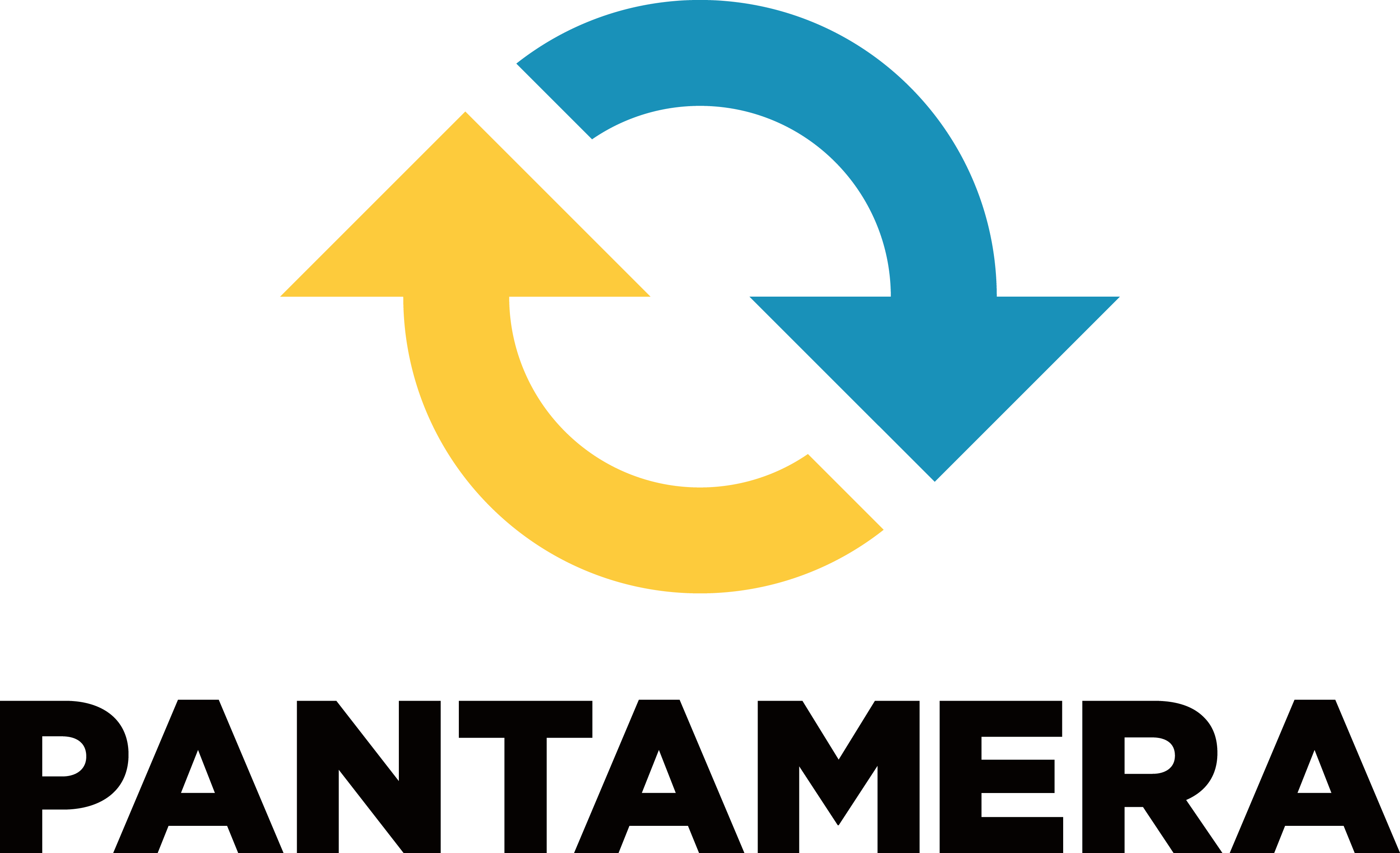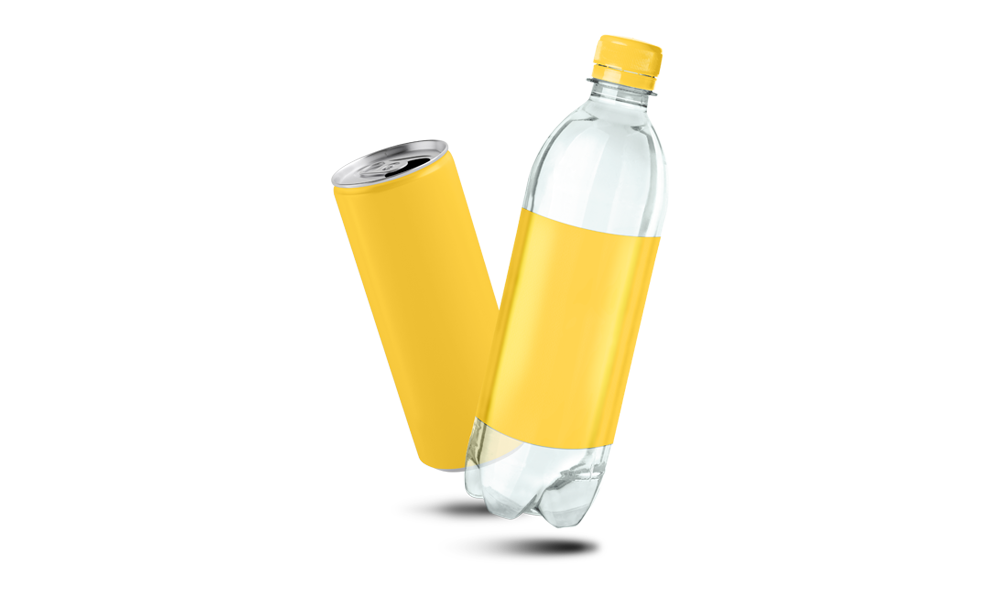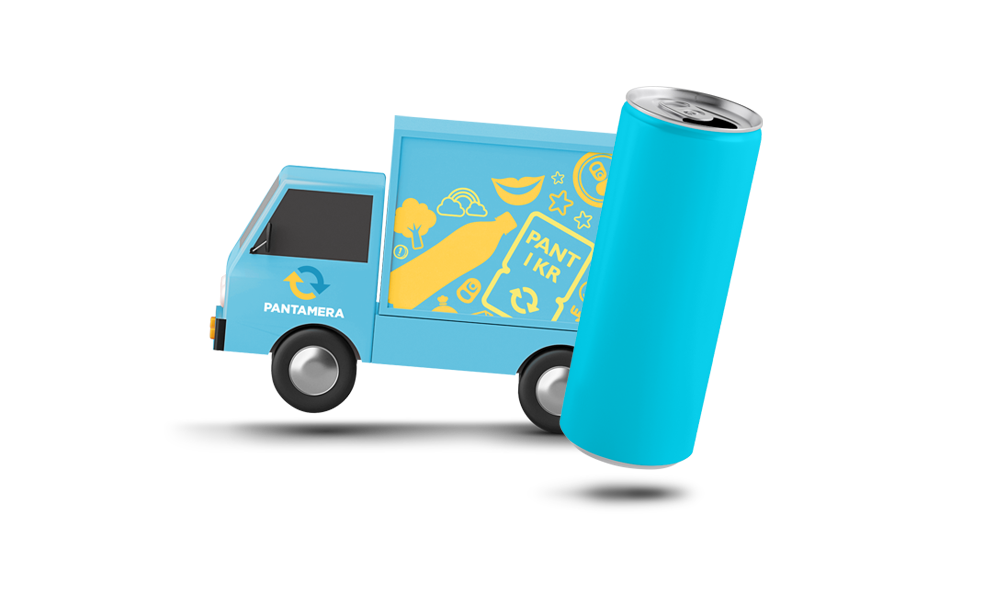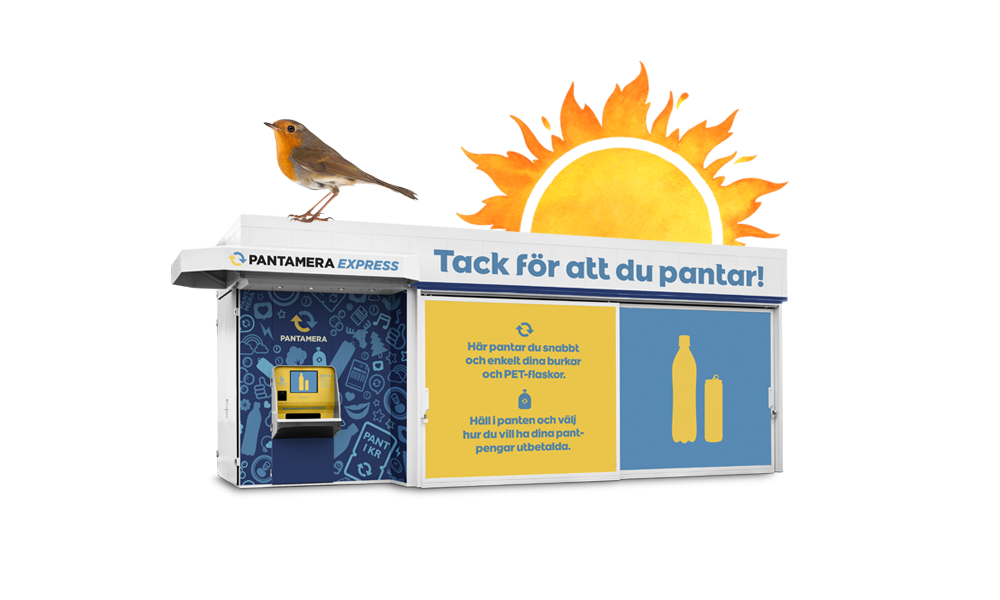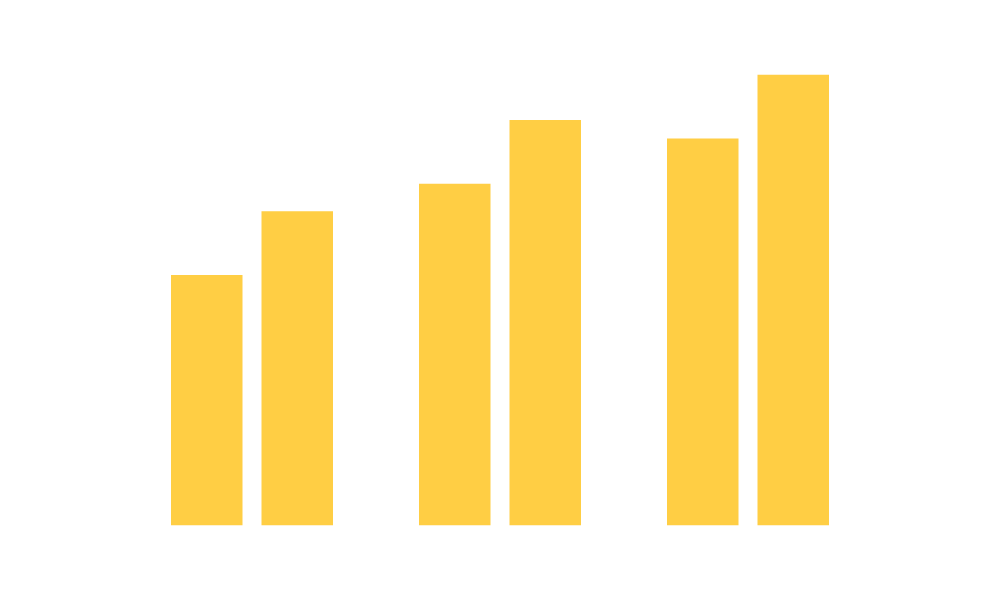Recycled lids will be turned into new lids
We have been recycling lids in-house since June 2017, and from the beginning we have enjoyed a successful collaboration with Reelab. Working together, we are now aiming to close the circle by turning recycled lids into new lids.
Returpack and Reelab have collaborated on the recycling of lids ever since the lid plant was inaugurated in 2017. Up until now, lids that have been recycled have been turned into new products, such as cable drums, waste bins and pallets. In 2022, we entered into a new agreement and launched the lid-to-lid project, where the recycled lid material is instead turned into new lids. Returpack and Reelab have jointly drawn up a plan for implementation that will extend up until the year 2027.
“Our ambition is always to strive to achieve as circular a flow as possible, and the life cycle assessments we have carried out demonstrate that closed material recycling provides the greatest environmental benefit in the deposit system. In the lid-to-lid project, our goal is for lids that are deposited together with the PET bottles to be turned into new lids,” says Sara Bergendorff, Sustainability and Quality Manager at Returpack.
During 2023, a total of 1,383 tonnes of lid material has been delivered from the plant in Norrköping to Reelab. We have also invested in the lid process with the aim of reducing impurities from aluminium. In 2024, we will be making additional investments to make it possible to return lids to the process following operational disruptions, as well as other measures aimed at further ensuring good product quality.
“Succeeding in returning the recycled lids for the production of new lids requires us to supply high quality materials in sufficient volumes. Here in Sweden, we are already well ahead when it comes to recycling and our deposit-based return system, but it feels good that we are now aiming even higher. This will also promote the development of material recycling in the rest of Europe,” says Sara Bergendorff.
New requirements for lids that remain attached
At the same time as starting up the lid-to-lid project, preparations are being made to ensure that Returpack’s recycling process will work as it should even after the new EU directive for single-use plastics enters into force in July 2024. The directive means that only bottles with an attached lid will be permitted for beverage containers up to 3 litres. At present, 9 out of 10 bottles already have the lid screwed in place when they are deposited, and the hope is that the new requirements will result in 10 out of 10 lids being attached to the bottle when it is returned.
For Returpack, it has been important to conduct a dialogue with beverage bottle producers regarding the design of beverage bottles. Several bottle design prototypes have been tested to ensure that the lid and bottle can be read as intended in the reverse vending machine.
